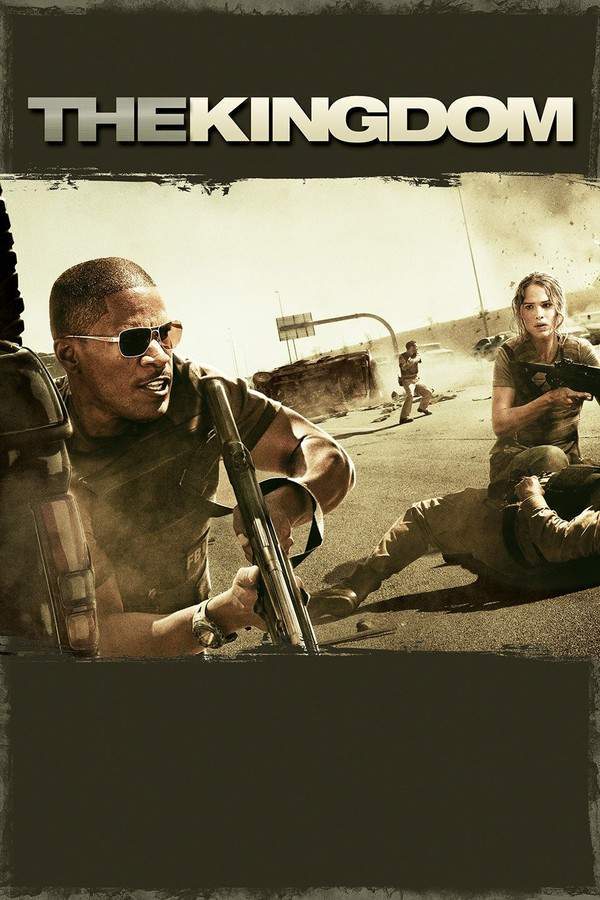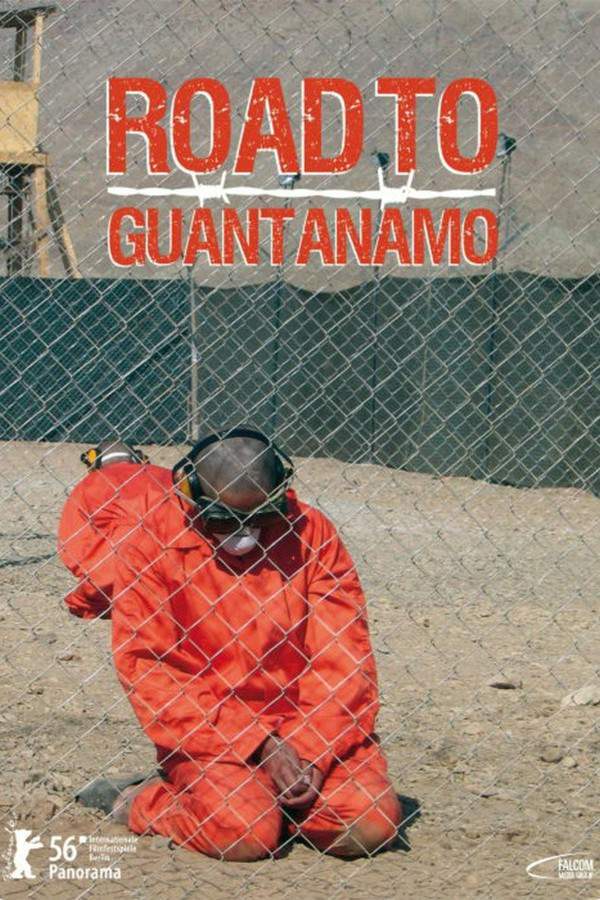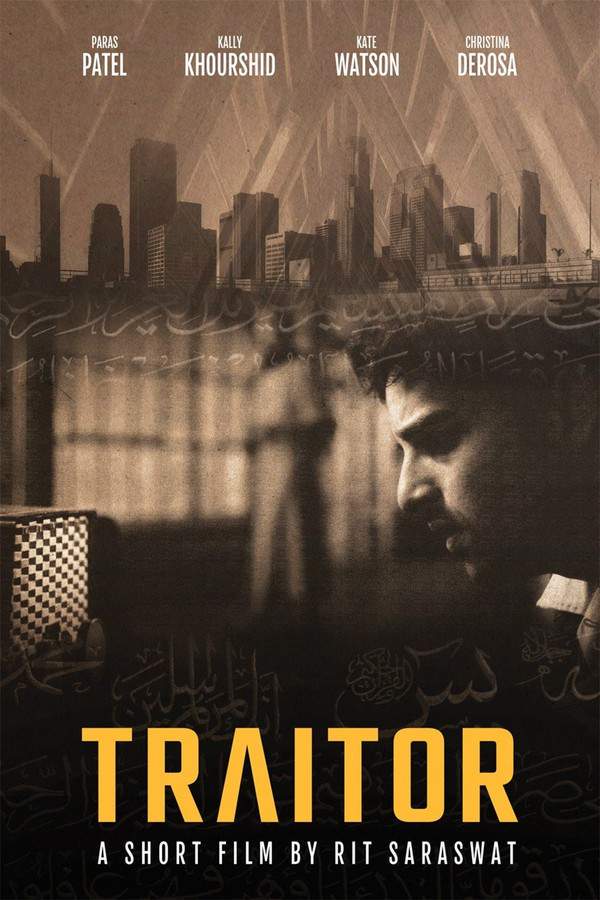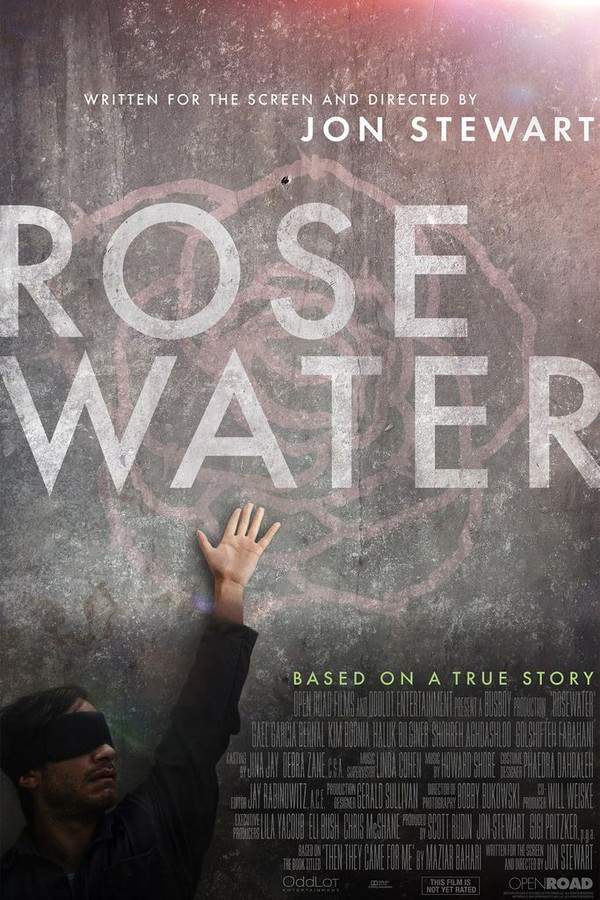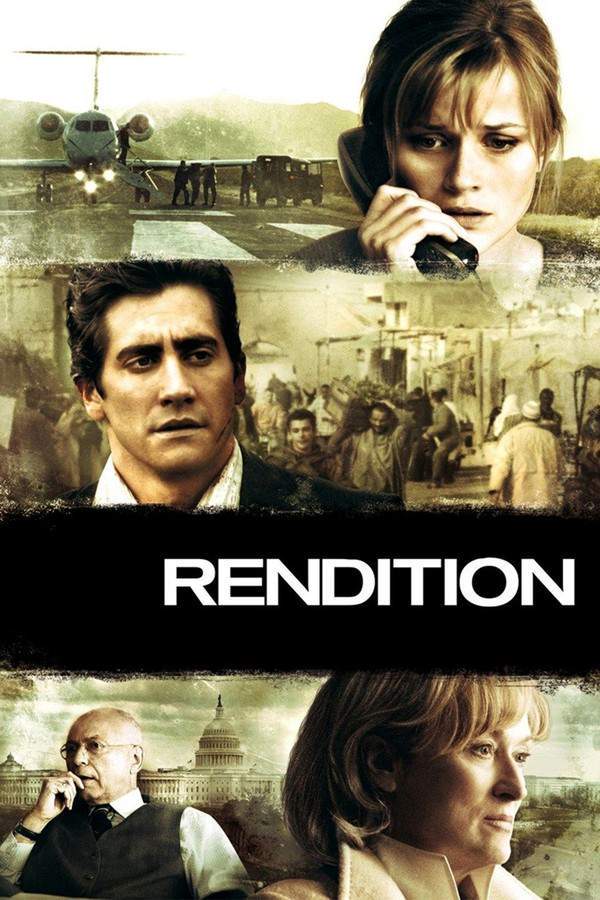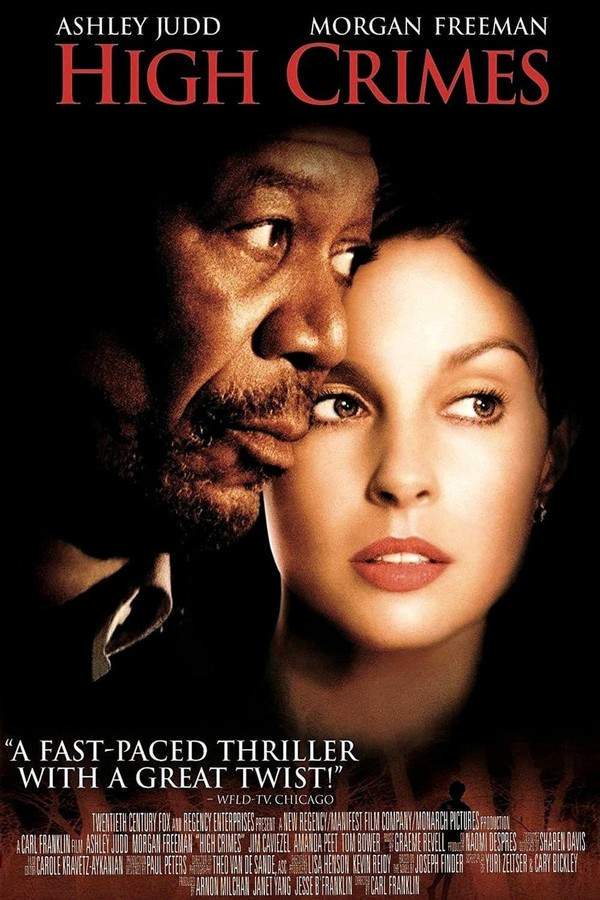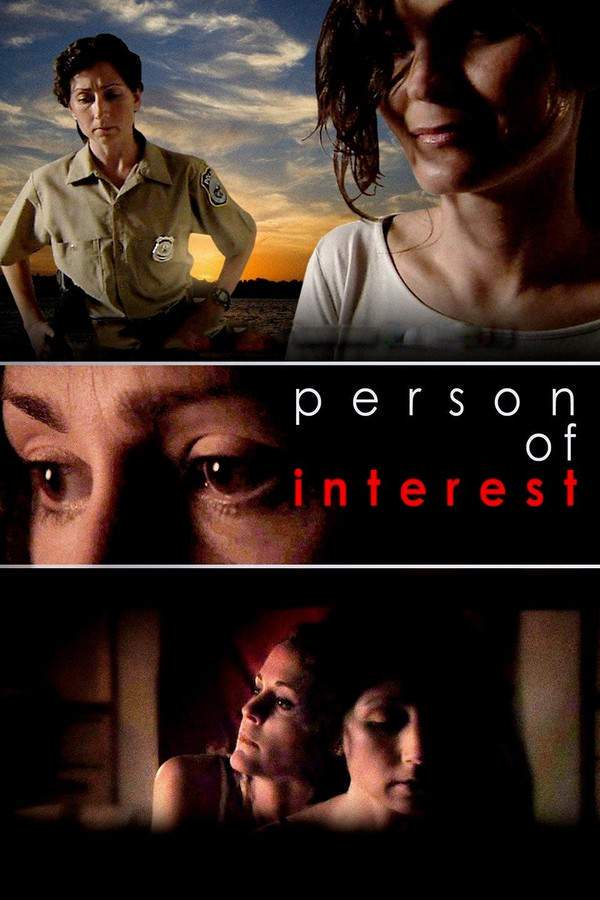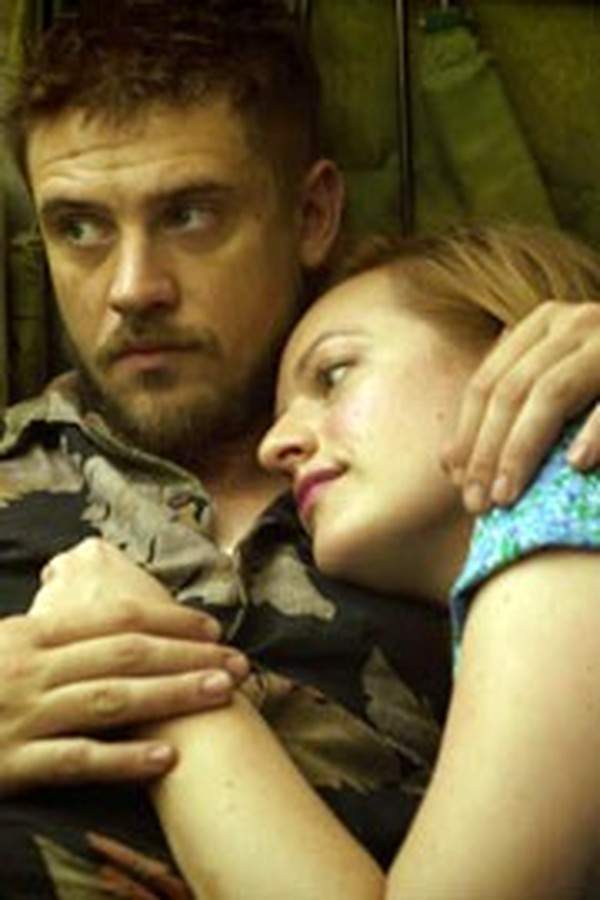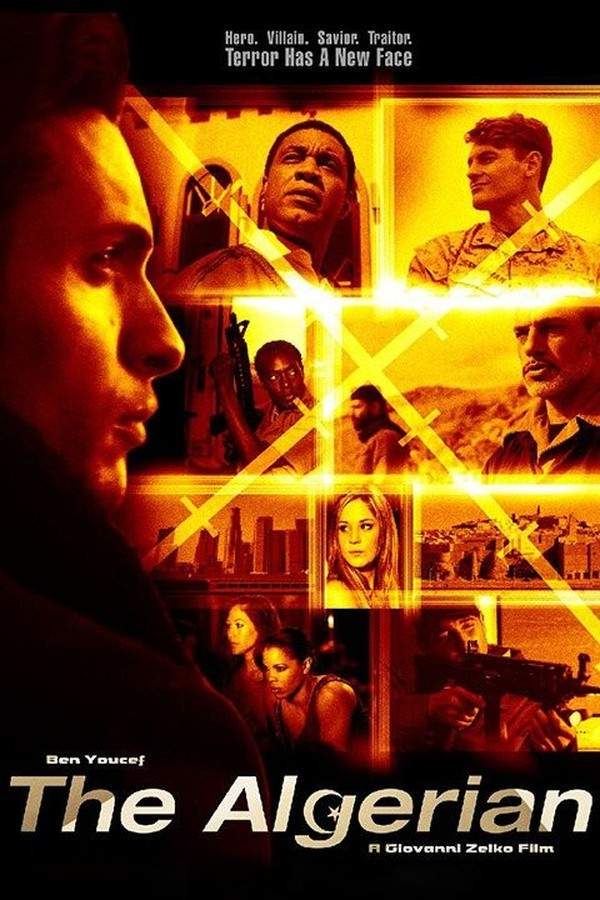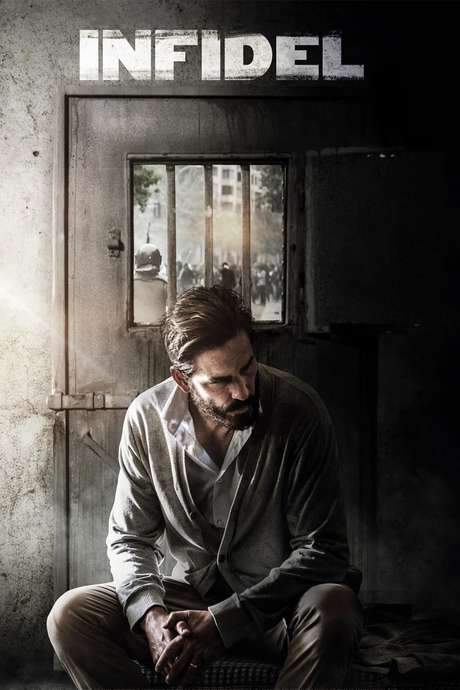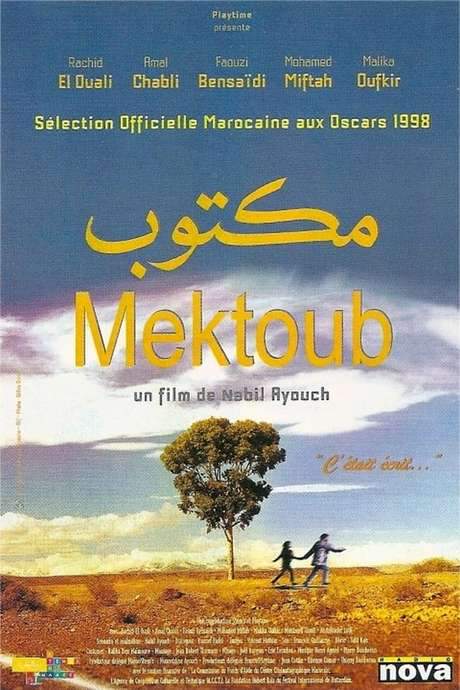The Mauritanian 2021
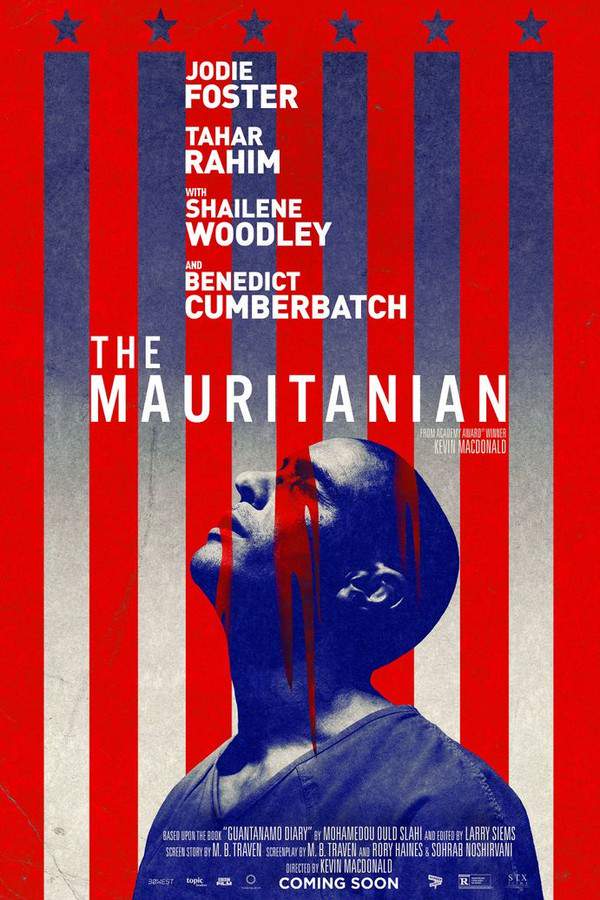
Wrongfully accused of terrorist acts, Mohamedou Ould Slahi finds himself imprisoned and facing a seemingly hopeless situation. As years pass, his hope diminishes until a determined defense attorney, Nancy Hollander, and her colleague, Teri Duncan, take on his case. They navigate a complex legal battle and confront bureaucratic obstacles and potential deception as they fight to prove his innocence and uncover the truth behind his detention.
Does The Mauritanian have end credit scenes?
Yes!
The Mauritanian does have end credit scenes. Stay until the very end!
Meet the Full Cast and Actors of The Mauritanian
Explore the complete cast of The Mauritanian, including both lead and supporting actors. Learn who plays each character, discover their past roles and achievements, and find out what makes this ensemble cast stand out in the world of film and television.

Aly Deyde
Wedding Guest

Arthur Falko

Baba Mine
Deddahi
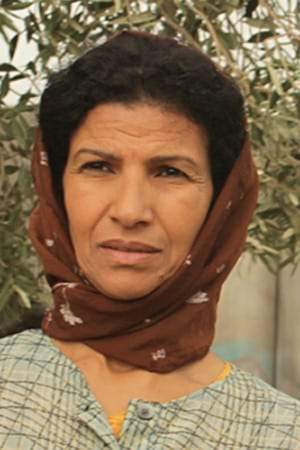
Baya Belal
Mohamedou's Mother

Benedict Cumberbatch
Stuart Couch

Clayton Boyd
Lawyer

Corey Johnson
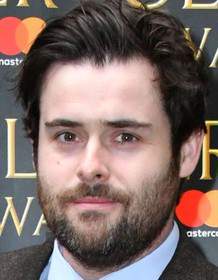
David Fynn

El Hocine Aba
Wedding Guest
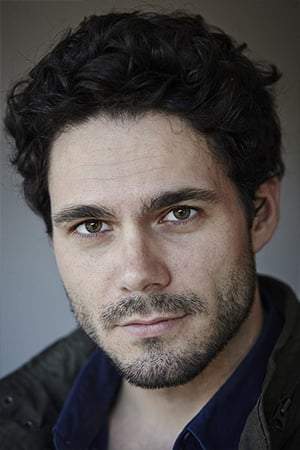
Francis Chouler

Jodie Foster
Nancy Hollander

Langley Kirkwood

Lemrabott Zeine Sidamar
Policeman

Matthew Marsh

Meena Rayann

Melissa Haiden

Mohamed Abderrahmane Arava
Wedding Guest

Mohamed Yeslem Mousse
Wedding Guest

Nezar Alderazi

Nouhe Hamady Bari
Mohamedou's Niece

Saadna Hamoud
Groom at Wedding

Saamer Usmani

Shailene Woodley
Teri Duncan
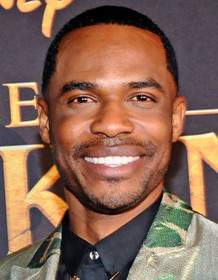
Stevel Marc
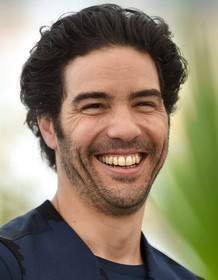
Tahar Rahim
Mohamedou Ould Slahi

Toni Jean Erasmus
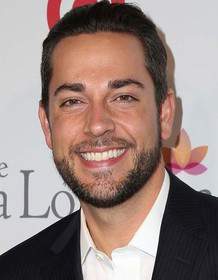
Zachary Levi
External Links and Streaming Options
Discover where to watch The Mauritanian online, including streaming platforms, rental options, and official sources. Compare reviews, ratings, and in-depth movie information across sites like IMDb, TMDb, Wikipedia or Rotten Tomatoes.
Ratings and Reviews for The Mauritanian
See how The Mauritanian is rated across major platforms like IMDb, Metacritic, and TMDb. Compare audience scores and critic reviews to understand where The Mauritanian stands among top-rated movies in its genre.

The Movie Echo Score
The Mauritanian offers a compelling legal drama anchored by potent performances, yet it sometimes feels uneven in narrative and tone. While critics and audiences praise the lead actors and the film’s emotional weight, many note a formulaic structure and occasional lapses in cohesion that undercut its impact. The direction maintains a steady pace but rarely ventures beyond familiar courtroom tropes. Despite these limitations, the film’s historical significance and powerful moments create a resonant viewing experience that merits attention.
The Movie Echo Score Breakdown for The Mauritanian

Art & Craft
In terms of art and craft, the film delivers solid but restrained technical work. The direction and editing maintain clarity in the courtroom sequences, and production design evokes the stark details of detention. Cinematography favors straightforward compositions that serve the story but seldom surprise. While these elements coalesce into a competent visual framework, the overall aesthetic remains functional rather than particularly distinctive, providing a clear but conventional presentation.

Character & Emotion
When it comes to character and emotion, the film stands out for its commanding lead performances. Tahar Rahim and Jodie Foster bring nuanced depth to their roles, conveying subtle shifts in doubt and determination. Supporting roles reinforce the emotional stakes without overshadowing the protagonists. The chemistry between characters fosters genuine empathy, making the central figures’ struggles resonate strongly. Overall, the portrayals imbue the narrative with compelling human resonance.

Story & Flow
In terms of story and flow, the narrative engages through its focus on a real-life legal battle but fluctuates in momentum and originality. The screenplay efficiently outlines key events, yet some scenes adhere to familiar legal-drama conventions that limit surprise. Pacing is generally measured, though the uneven structure can impede sustained tension. Despite these shortcomings, the film reveals enough dramatic turns to maintain interest and underscore the significance of the protagonist’s ordeal.

Sensory Experience
Regarding sensory experience, the film’s sound design and score enhance its dramatic core without overwhelming the dialogue-driven narrative. Music cues underscore emotional peaks in court and detention scenes, while ambient soundscapes evoke the oppressive atmosphere of confinement. Visual style remains cohesive with muted color choices that reflect the story’s sober tone. Although the sensory elements are effective, they prioritize clarity over bold innovation, delivering a consistent but understated audiovisual presence.

Rewatch Factor
When it comes to rewatch value, the film offers strong thematic content but may prove challenging for repeated viewings. Its intense subject matter and deliberate pacing demand emotional investment that might limit enjoyment on subsequent watches. While the historical significance and performances retain appeal, the weighty tone and methodical structure can feel relentless in replay. Ultimately, its lasting impact lies more in its educational merit than in casual repeat viewings.

53
Metascore
7.2
User Score


75%
TOMATOMETER

85%
User Score

7.5 /10
IMDb Rating

74
%
User Score

3.7
From 106 fan ratings

3.71/5
From 7 fan ratings
Take the Ultimate The Mauritanian Movie Quiz
Challenge your knowledge of The Mauritanian with this fun and interactive movie quiz. Test yourself on key plot points, iconic characters, hidden details, and memorable moments to see how well you really know the film.
The Mauritanian Quiz: Test your knowledge on the gripping true story depicted in 'The Mauritanian'.
Who plays the role of Mohamedou Ould Slahi?
Tahar Rahim
Jodie Foster
Benedict Cumberbatch
Shailene Woodley
Show hint
Awards & Nominations for The Mauritanian
Discover all the awards and nominations received by The Mauritanian, from Oscars to film festival honors. Learn how The Mauritanian and its cast and crew have been recognized by critics and the industry alike.
74th British Academy Film Awards 2021
Best Film

Best Adapted Screenplay
Best Cinematography
Outstanding British Film
36th Artios Awards 2021
Studio or Independent – Drama
78th Golden Globe Awards 2021


Full Plot Summary and Ending Explained for The Mauritanian
Read the complete plot summary of The Mauritanian, including all major events, twists, and the full ending explained in detail. Explore key characters, themes, hidden meanings, and everything you need to understand the story from beginning to end.
As a title card somberly proclaims the events that follow are based on a true story, we find ourselves on the sun-kissed shores of Mauritania in northwest Africa. Here, we meet Mohamedou Ould Slahi, portrayed by Tahar Rahim, celebrating alongside his family in November 2001, just two months after the tragic September 11 attacks. Laughter and traditional dances fill the air during this joyful family celebration, but the peace is abruptly broken when Mohamedou’s friends bring up his life in Germany, sparking an unsettling visit from a Mauritanian policeman. The officer bears troubling news: in the wake of 9/11, the Americans have become apprehensive and are seeking out Mohamedou.
Concern is etched on Mohamedou’s face as he agrees to speak with authorities, albeit needing a moment to change out of his traditional garb. In a quiet act of foreboding, he deletes contacts from his old cell phone, hinting at his instinctive understanding of the serious implications of this situation. Receiving permission to drive himself to the police station gives him a fleeting sense of autonomy, which he attempts to reassure his worried mother about: if they truly wanted to arrest him, they wouldn’t let him drive. As he embarks on this uncertain path, he has no idea that his seemingly mundane life is set to spiral into a chilling journey of injustice.
Fast forward to February 2005, where we find Nancy Hollander, expertly brought to life by Jodie Foster, as she becomes intrigued by Teri Duncan, played by Shailene Woodley, during a Navy Law Conference in New Orleans. Nancy, seated behind Teri, requests a case file, and this seemingly innocuous act propels her into a labyrinth of legal entanglements centered on Guantanamo Bay. Over lunch with French lawyer Emmanuel, she learns of Mohamedou’s plight, leading her down a path of moral conviction and determination to uncover the truth behind his alleged connections to 9/11. Despite her colleagues’ shock and disapproval at her choice to take on this case pro bono, Nancy is driven by an unshakeable belief in justice and due process.
In a twist, we see Stuart Couch, portrayed by Benedict Cumberbatch, grappling with his newfound role as a Marine Prosecutor at a conference where he is informed about Mohamedou’s case. Tensions are high, as it becomes clear that the administration desires a swift and harsh punishment for suspected terrorist connections. The weight of this case rests heavily on Stuart, amplified by the personal connection to the tragedy of September 11, which claimed the life of his friend Bruce Taylor. Suddenly, Mohamedou isn’t just a name on a list; his case becomes intertwined with Stuart’s grief and sense of duty.
As Nancy and Teri arrive at the notorious Guantanamo Bay prison, they face an unwelcoming environment filled with warnings – the reality of the isolated detention facility juxtaposed with their resolute intention to meet their new client, Mohamedou. Their initial meeting is nothing short of startling; Mohamedou’s exuberant welcome is both disarming and heartbreaking. Through barriers of language and skepticism, they begin their dialogue, and Mohamedou’s plight begins to unfold to them—a story marked by endless interrogation and horrific conditions he has endured.
The scenes flow between their spirited conversations and the growing tension of Mohamedou’s legal battles. Meanwhile, we witness Stuart relentlessly poring over the details, attempting to piece together Mohamedou’s life and involvement with Al-Qaida, battling the assumption that he is simply a ‘terrorist.’ The narrative takes hold as he becomes known as the “Al-Qaida Forrest Gump,” a testament to his presence in significant events without ever being a player in the dark games surrounding them.
Days blend into an oppressive haze as Mohamedou’s feelings of despair are alleviated briefly by conversations with fellow detainees, like Marseille, who share words of camaraderie despite their dire circumstances. Meanwhile, Nancy and Teri confront challenges of their own as they dig deeper into Mohamedou’s case, uncovering devastating evidence that will challenge their trust in him and the foundations of their fight for justice.
By 2008, the anticipation grows as Mohamedou’s case reaches a critical legal juncture. A chorus of voices representing both the government and defense echo in the courtroom, where Nancy stands firm in her advocacy for Mohamedou. Just as hope seems to dim, a twist in the narrative reveals Mohamedou’s heartfelt letters as a potential lifeline.
As the curtains begin to lift on Mohamedou’s story, we celebrate his eventual release in 2016, capturing the bittersweet joy of his liberation amid a backdrop of hard-earned peace and heartbreaking loss. The film envelops us in the very essence of resilience, bravery, and the unyielding belief in justice - a narrative adorned with poignant truths and indelible human experiences. In the end, we witness a triumph illuminated by the light of hope, where Mohamedou’s journey embodies the spirit of enduring freedom, underscored by a powerful refrain of “See you later, alligator.”
Uncover the Details: Timeline, Characters, Themes, and Beyond!

Coming soon on iOS and Android
The Plot Explained Mobile App
From blockbusters to hidden gems — dive into movie stories anytime, anywhere. Save your favorites, discover plots faster, and never miss a twist again.
Sign up to be the first to know when we launch. Your email stays private — always.
Watch Trailers, Clips & Behind-the-Scenes for The Mauritanian
Watch official trailers, exclusive clips, cast interviews, and behind-the-scenes footage from The Mauritanian. Dive deeper into the making of the film, its standout moments, and key production insights.
The Mauritanian Themes and Keywords
Discover the central themes, ideas, and keywords that define the movie’s story, tone, and message. Analyze the film’s deeper meanings, genre influences, and recurring concepts.
The Mauritanian Other Names and Titles
Explore the various alternative titles, translations, and other names used for The Mauritanian across different regions and languages. Understand how the film is marketed and recognized worldwide.
Similar Movies To The Mauritanian You Should Know About
Browse a curated list of movies similar in genre, tone, characters, or story structure. Discover new titles like the one you're watching, perfect for fans of related plots, vibes, or cinematic styles.
Quick Links: Summary, Cast, Ratings, More

What's After the Movie?
Not sure whether to stay after the credits? Find out!
Explore Our Movie Platform
New Movie Releases (2025)
Famous Movie Actors
Top Film Production Studios
Movie Plot Summaries & Endings
Major Movie Awards & Winners
Best Concert Films & Music Documentaries
Movie Collections and Curated Lists
© 2025 What's After the Movie. All rights reserved.














